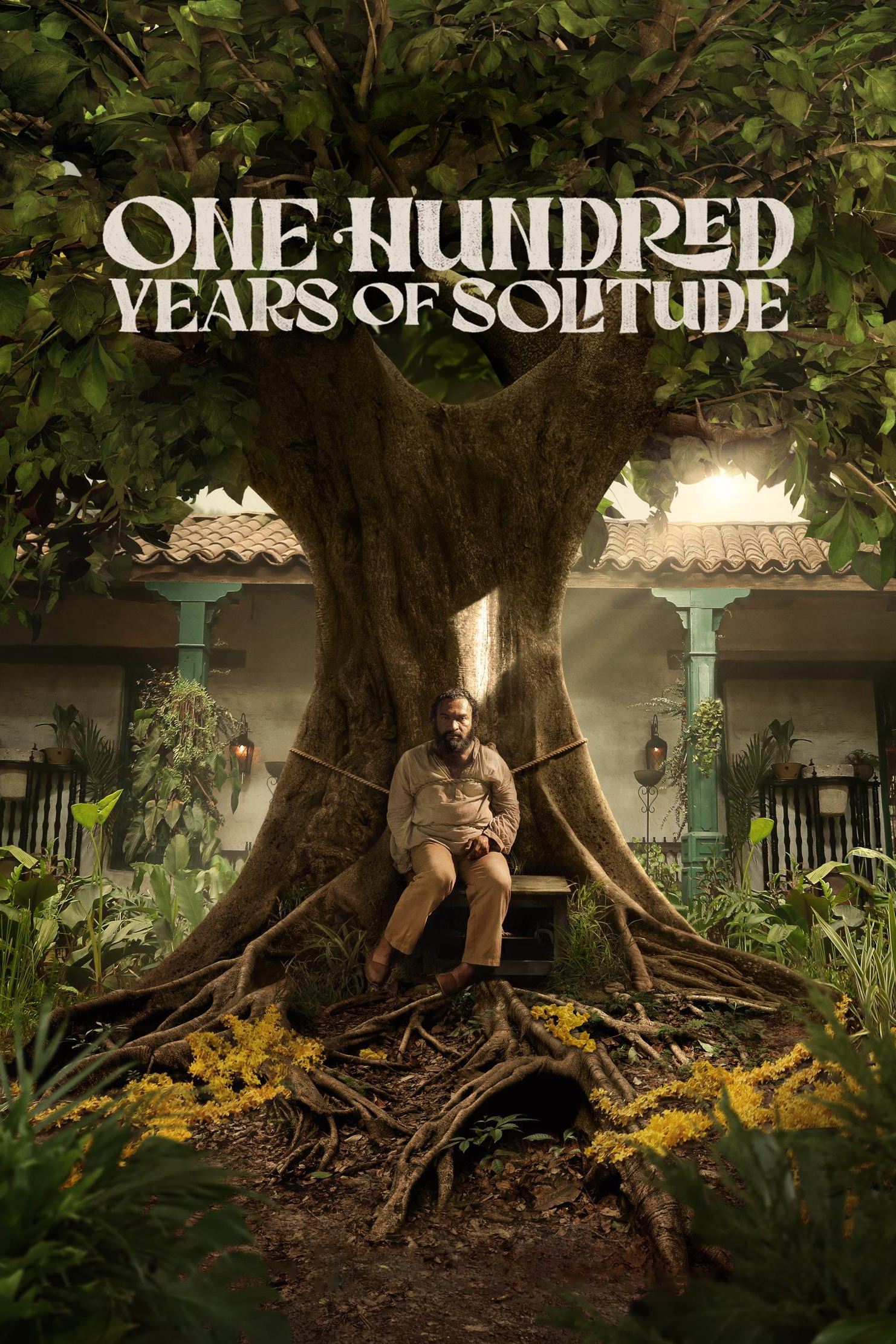
In the mythical town Macondo, seven generations of the Buendía family navigate love, oblivion and the inescapability of their past — and their fate.

A young woman travels abroad trying to realize her dream of being a model, but there she is deceived and subjected to prostitution at the Cabaret Tango Bar, where she experiences the horrors as a victim of a sex trafficking network.
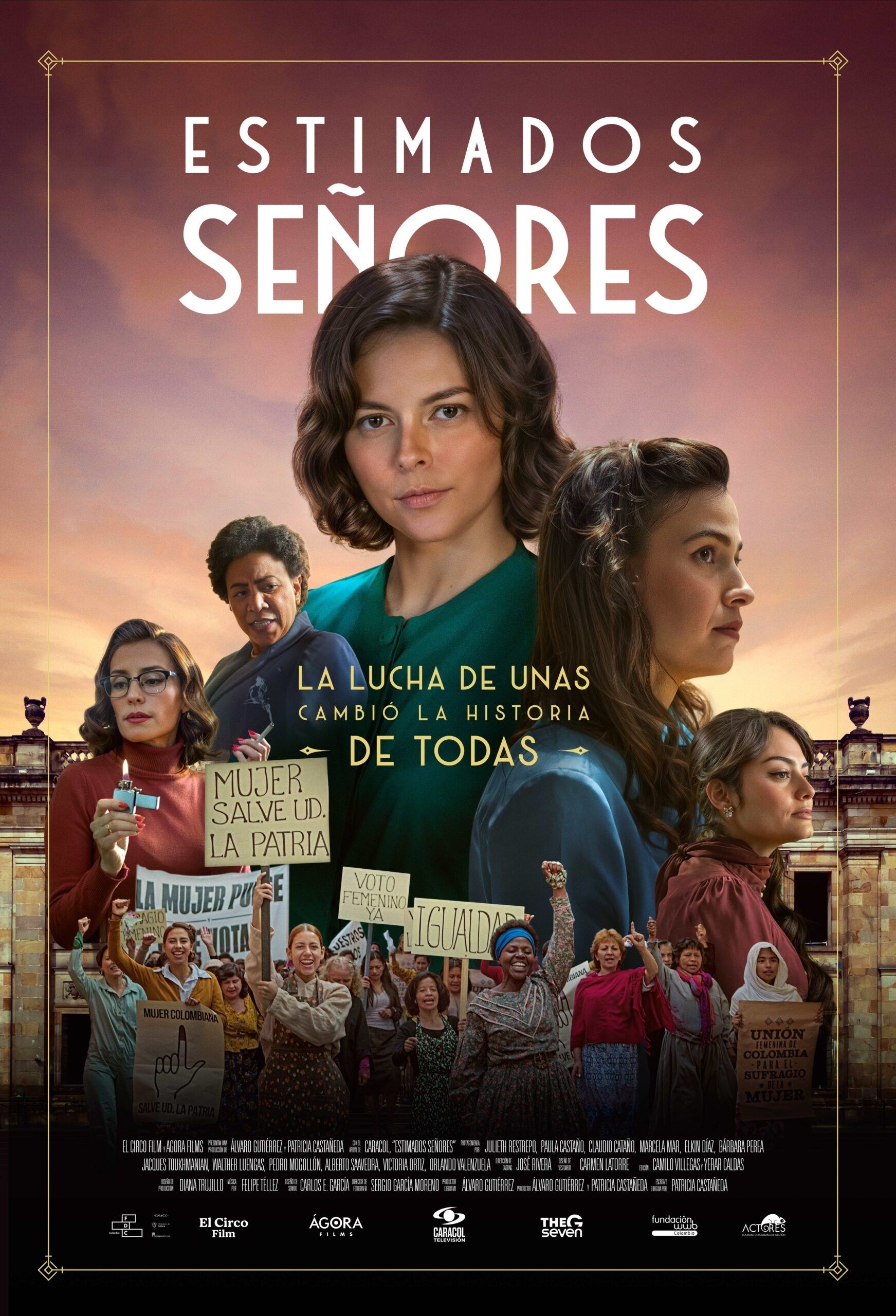
Estimados Señores sheds light on the little-known suffragette movement in Colombia. Set in 1954, the film follows Esmeralda Arboleda, a fiercely intelligent leader, who ignites a revolution in a society rooted in patriarchal traditions, culminating in a fierce and decisive debate. A group of women embark on a historic struggle to bring women's voting rights to the National Constituent Assembly. With bold marches, radio appearances and a brilliant media strategy that places them on the front page, they achieve their goal, but the real challenge begins in the debate, where they face fierce opposition. Esmeralda Arboleda must endure personal attacks from the assembly members, and just as she is about to speak, she receives a heartbreaking call: her son has suffered a serious accident. She is torn between her duty as a mother and her commitment to the cause, with an unfavorable outcome.
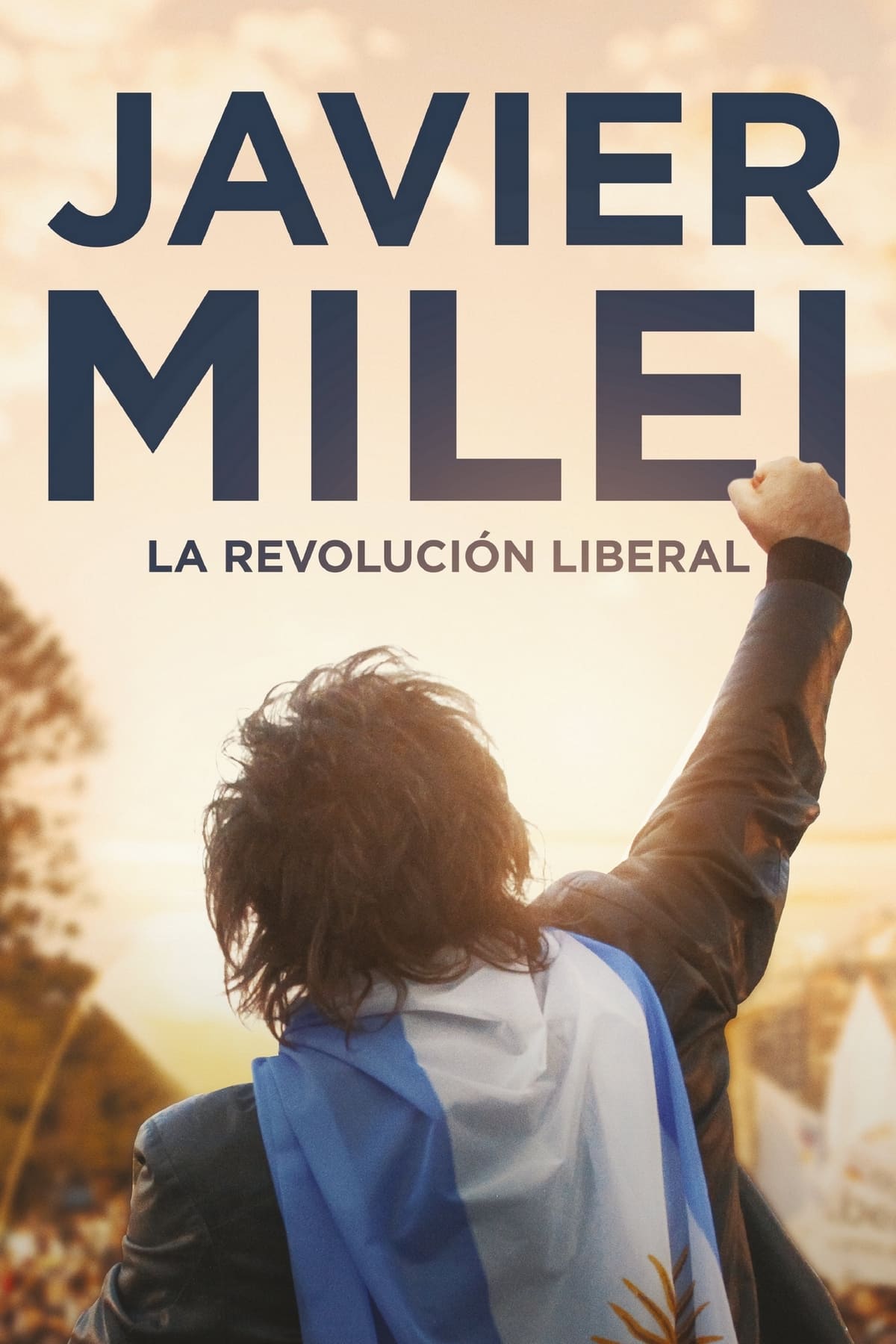
A portrait of Argentine libertarian politician Javier Milei.
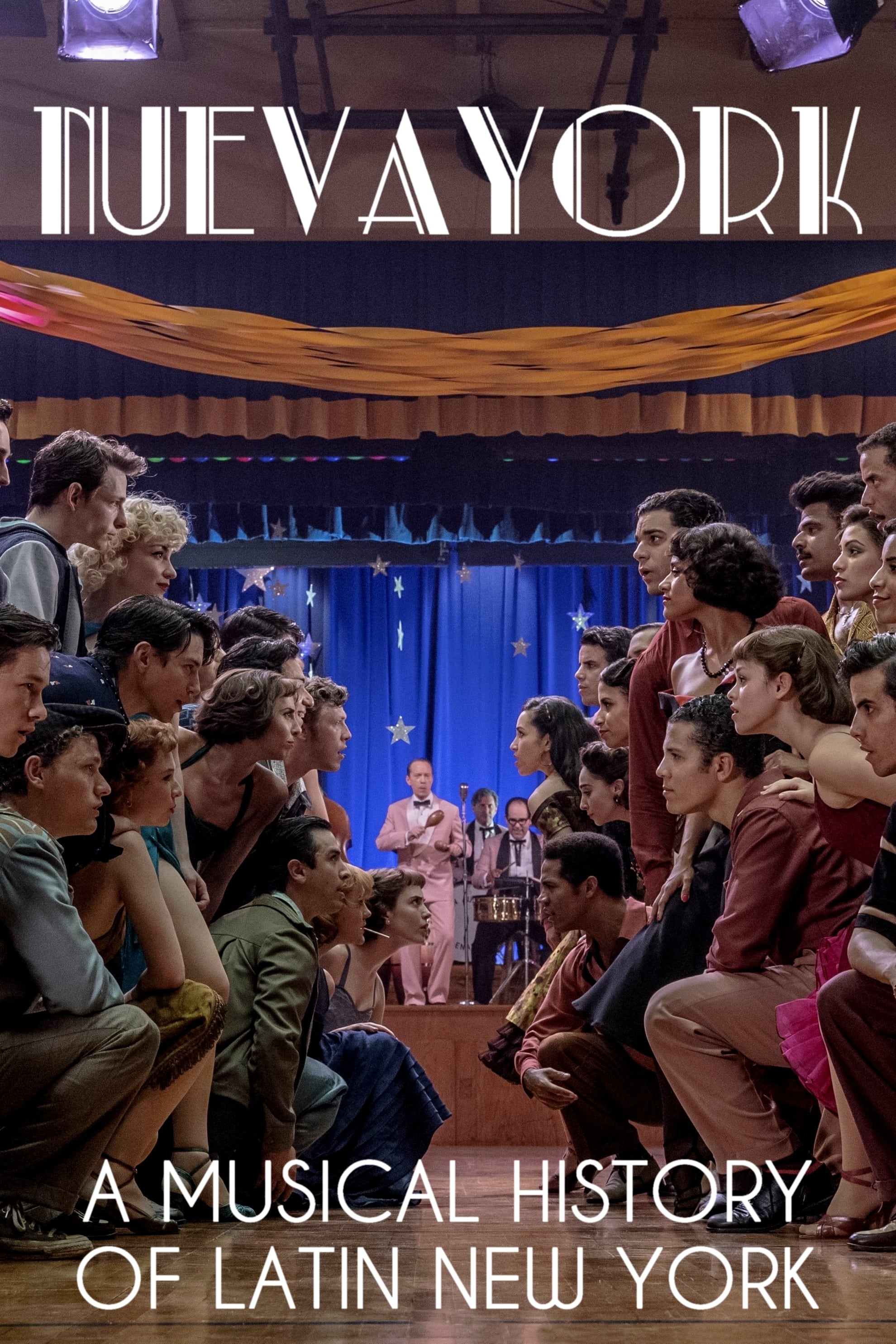
When the film West Side Story was released in 1961, New York's reviled Puerto Rican community gained some visibility and, over time, both in Spanish Harlem and the Bronx, neighborhoods plagued by poverty, drugs and crime, Hispanic identity was reborn and strengthened, thanks to a syncretic and intentionally popular music that eventually conquered the entire city.
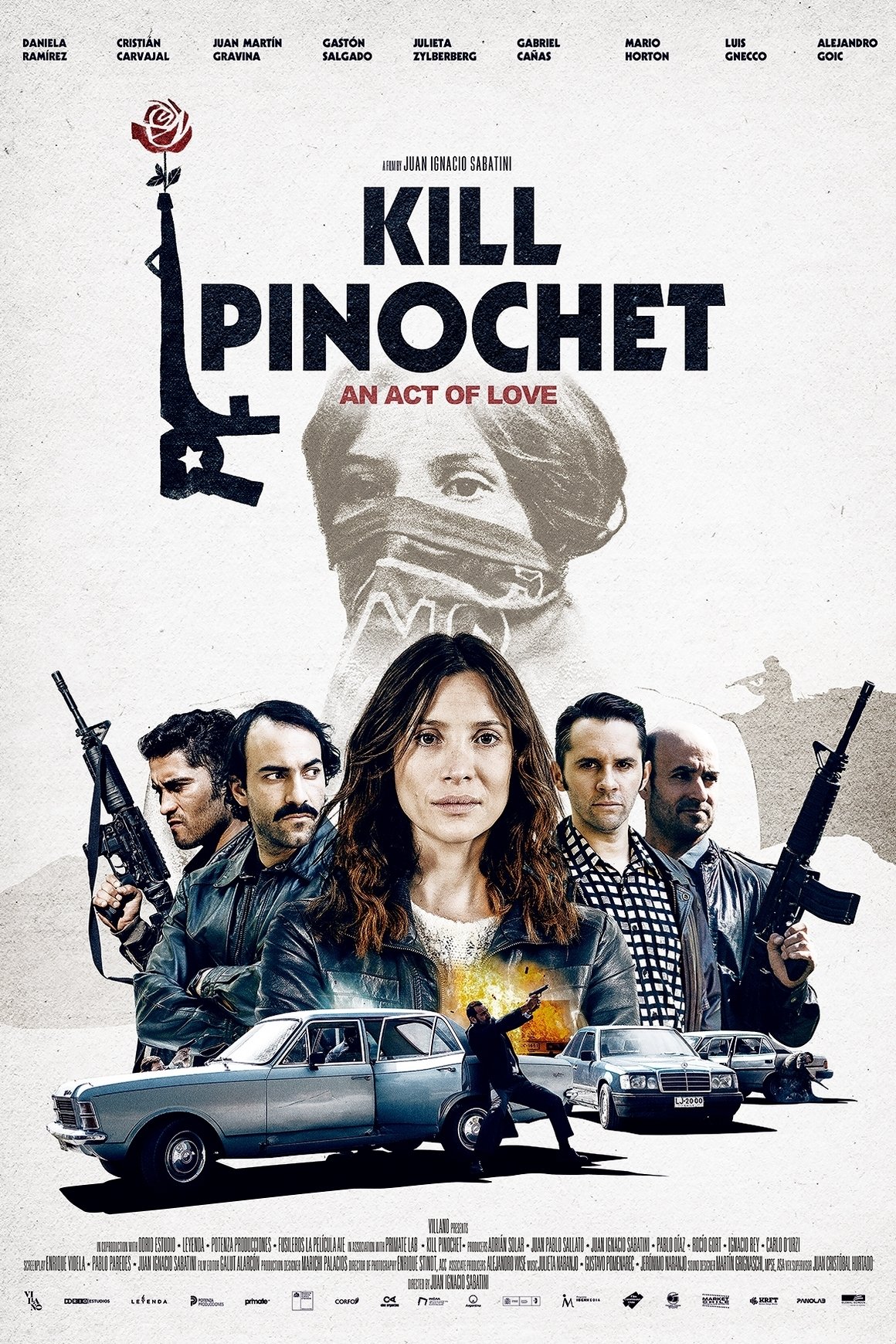
Chile, September 1986. Tamara, commander of the communist guerrilla group Manuel Rodríguez Patriotic Front, and her comrades-in-arms set out to overthrow the military regime installed in 1973 by assassinating the dictator Augusto Pinochet.

Images of Argentinian companies and factories in the first light of day, seen from the inside of a car, while the director reads out documents in voiceover that reveals the collusion of the same concerns in the military dictatorship’s terror.
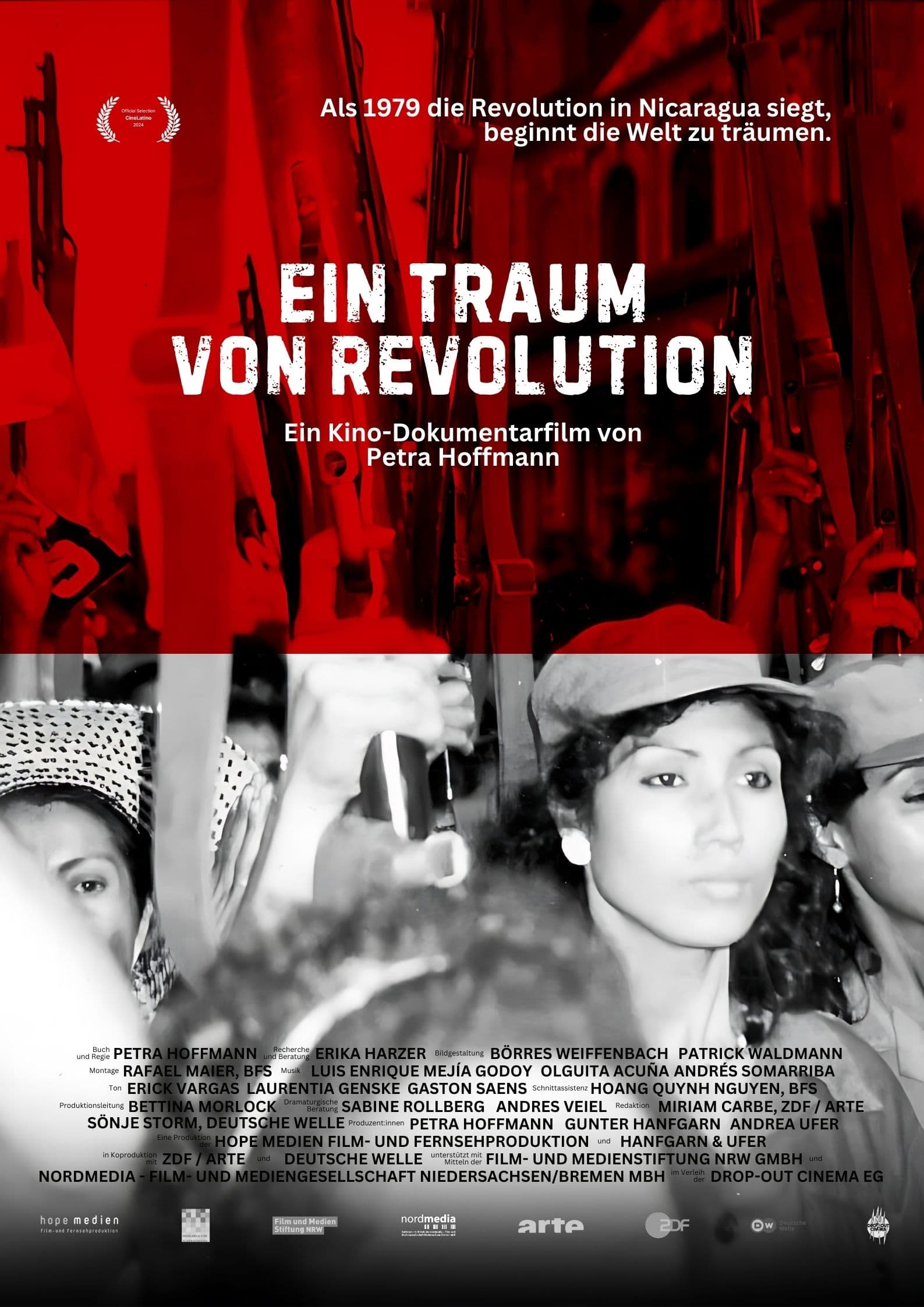
When the revolution in Nicaragua won its victory nearly 40 years ago, the world began to dream. A young generation was taking the reins in a country of grand utopias. From West Germany alone, 15,000 “brigadists” travelled to help rebuild the war-torn country: liberals, greens, unionists, social democrats, leftists and church representatives harvested coffee and cotton, built schools, kindergartens and hospital wards. No movement has mobilised so many people. What became of the hopes and dreams of the revolutionaries and their supporters?
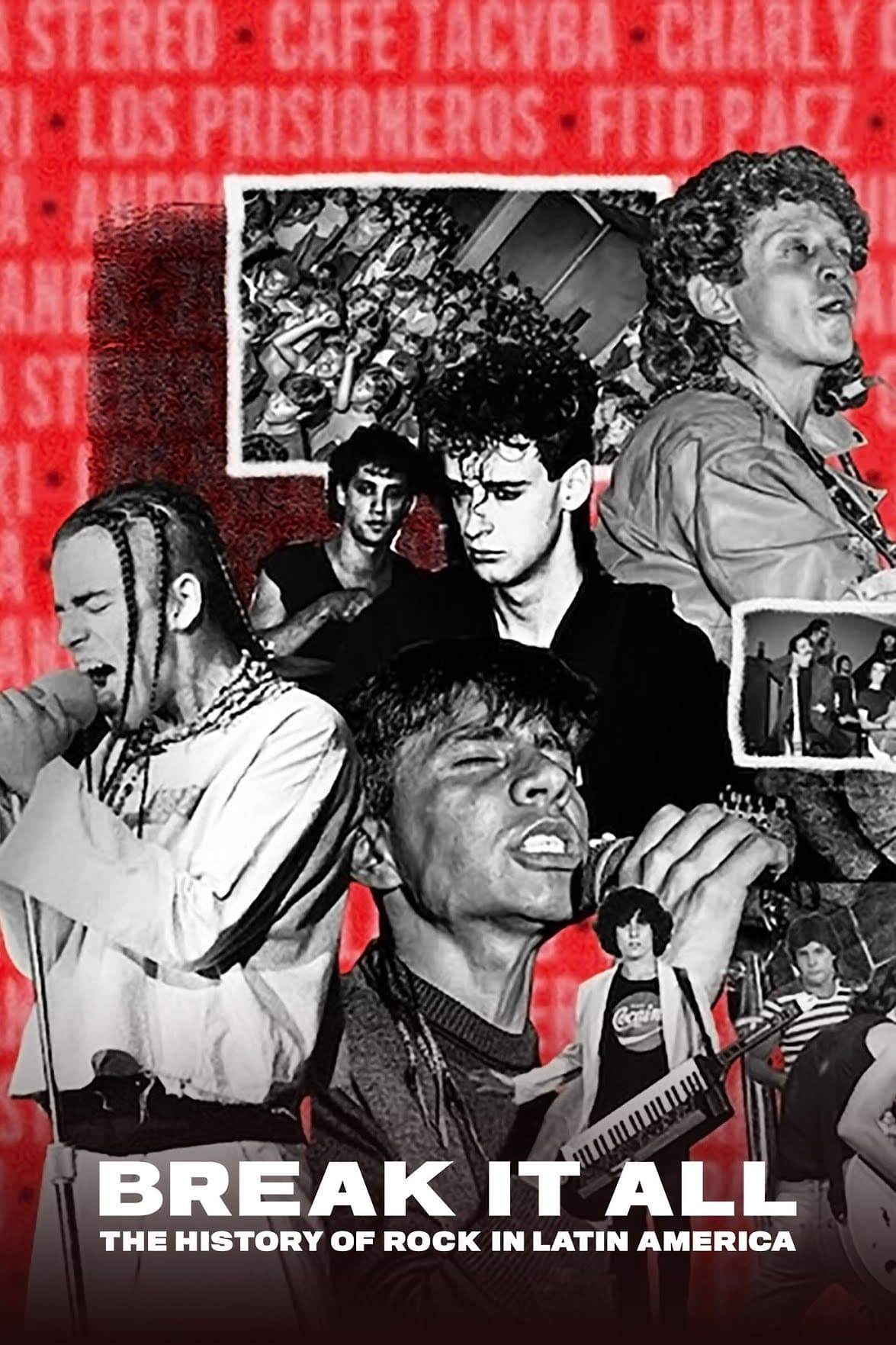
Soda Stereo, Café Tacvba, Aterciopelados and others figure in this 50-year history of Latin American rock through dictatorships, disasters and dissent.

In the midst of the civil war of 1948 in Costa Rica, after the disappearance of her parents, a young girl finds shelter in the arms of a creature that lives close to her home.
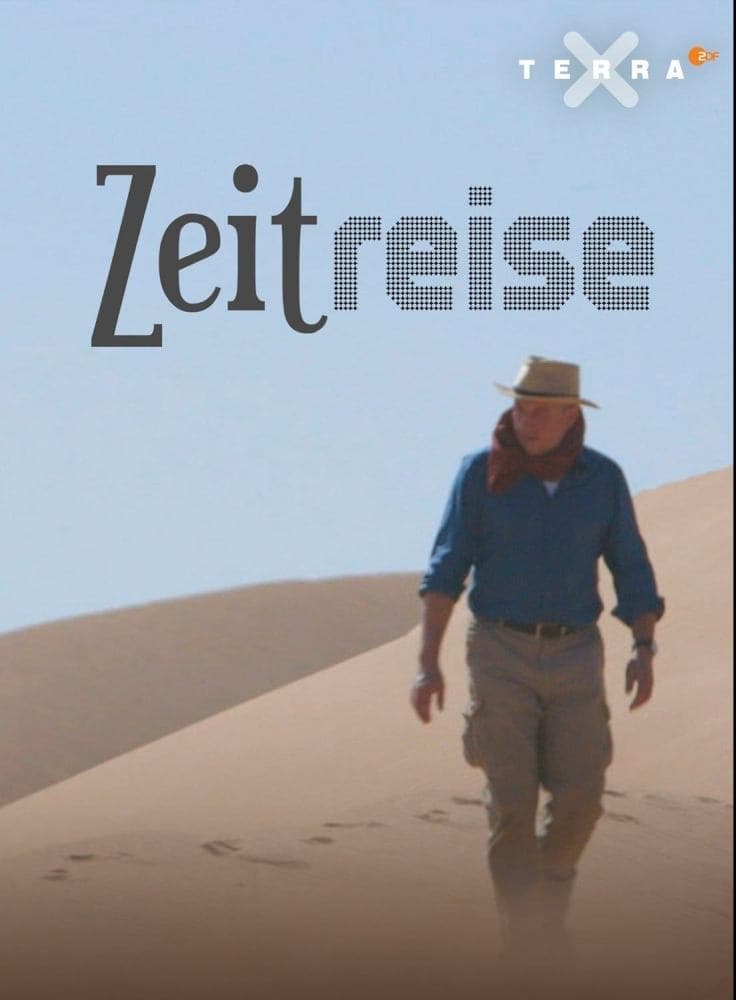
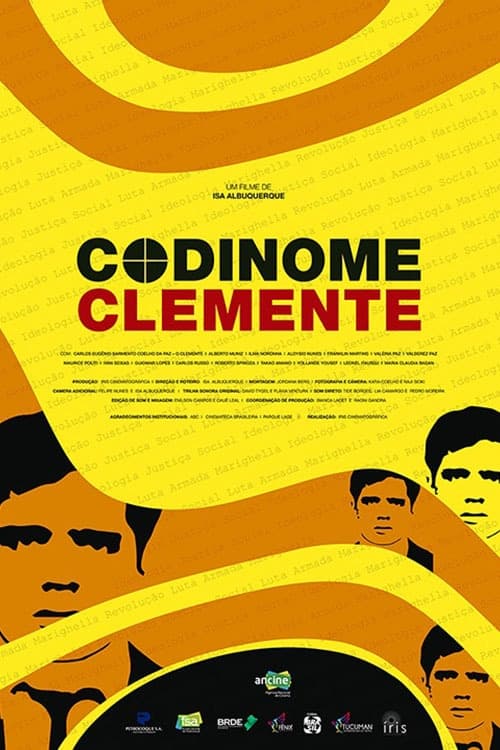
Carlos Eugênio Paz recalls his participation in the armed struggle against the military dictatorship between the 1960s and 1980s. Using the code name “Clemente”, he participated in the National Liberation Alliance and in several urban actions. Through her own testimony and that of her fellow fighters, director Isa Albuquerque builds a portrait of a troubled moment in Brazilian history and of an entire generation that fought for their country's democracy.
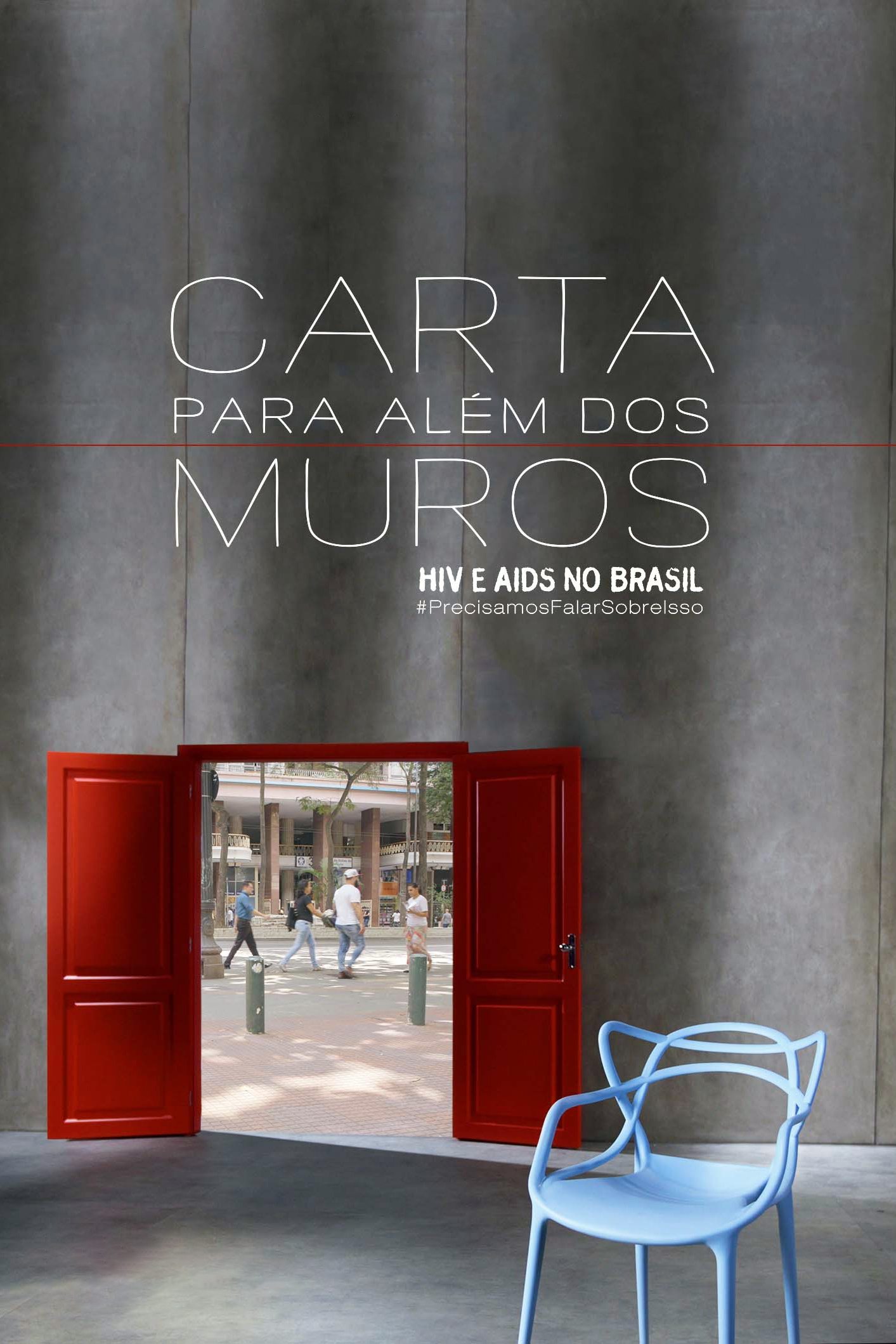
Letter Beyond the Walls reconstructs the trajectory of HIV and AIDS with a focus on Brazil, through interviews with doctors, activists, patients and other actors, in addition to extensive archival material. From the initial panic to awareness campaigns, passing through the stigma imposed on people living with HIV, the documentary shows how society faced this epidemic in its deadliest phase over more than two decades. With this historical approach as its base, the film looks at the way HIV is viewed in today's society, revealing a picture of persistent misinformation and prejudice, which especially affects Brazil’s most historically vulnerable populations.
1982 is not a year, it is a number. It is the number of massacres that occurred in Colombia. Using a Hollywood film from 1919 the film creates a portrait of distant and yet persistent individuals, an observation of the gesture that survives despite the blind light cast upon them by time, routine or indolence.
"Impressões" rescues the history of the Brazilian press since 1808, when the "Correio Brasiliense" clandestinely reached Rio de Janeiro after being edited in London by Hipólito José da Costa, and spans until 1986. It's the first documentary to depict the history of the Brazilian journalistic press.

“Rio 2096 – A Story of Love and Fury” is an animated film that portrays the love between an immortal hero and Janaína, the woman he has been in love with for 600 years. As a backdrop to the romance, the feature highlights four phases of Brazilian history: colonization, slavery, the Military Regime and the future, in 2096, when there will be a war for water.
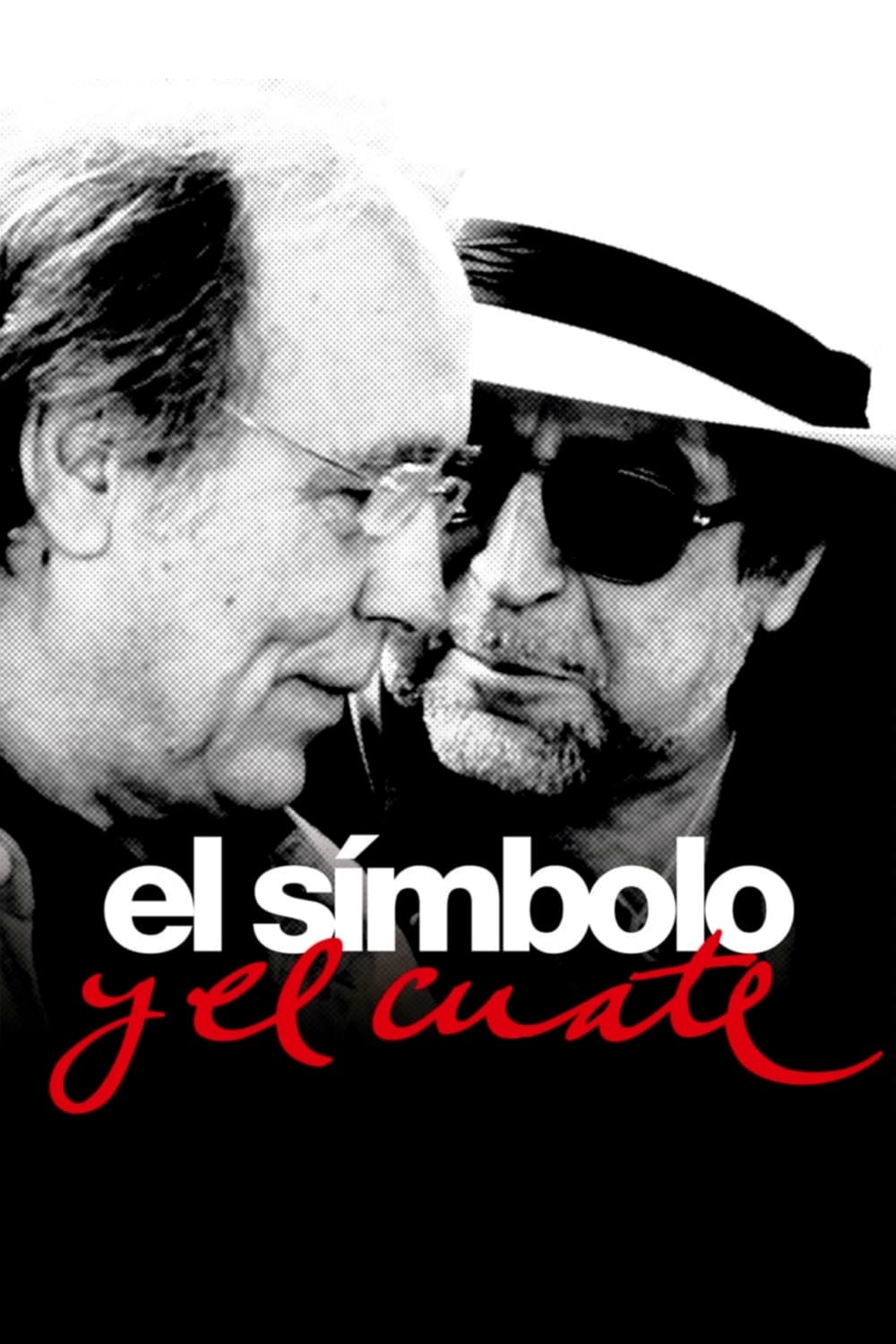
Joan Manuel Serrat fled to Mexico when Franco ordered his persecution. In Argentina and Chile, his commitment against military regimes is still remembered. Joaquín Sabina arrived later. His poetry bewitched the audience. In Argentina, he is a tango singer as much as a rocker; in Mexico, the mariachis sing their songs. The former is a symbol, a venerated figure; the latter is a “cuate,” as they say in Mexico, a buddy with whom you can always count.
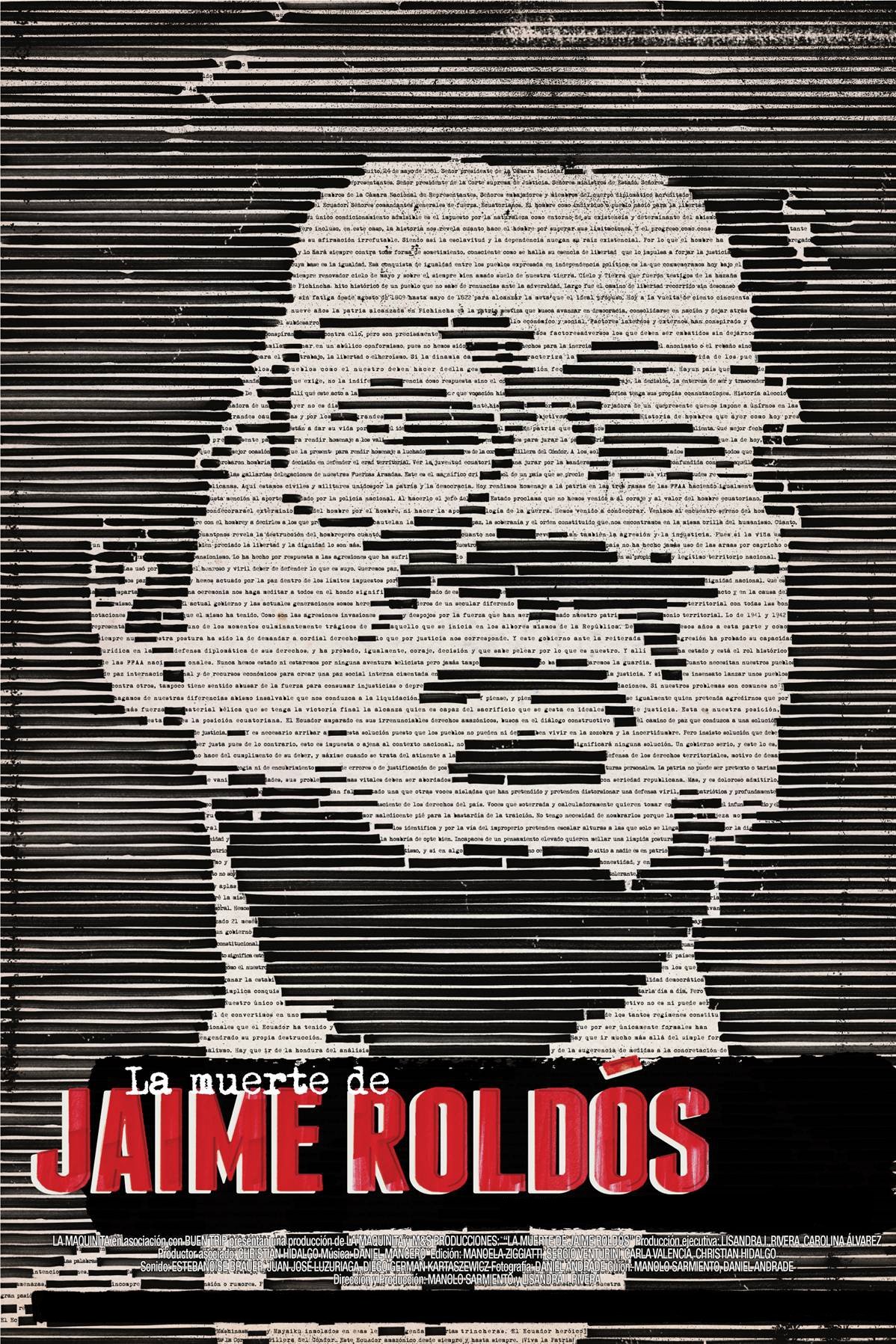
A portrait of Jaime Roldos, Ecuador's first democratically elected president, who died with his family when their plane crashed in the mountains.
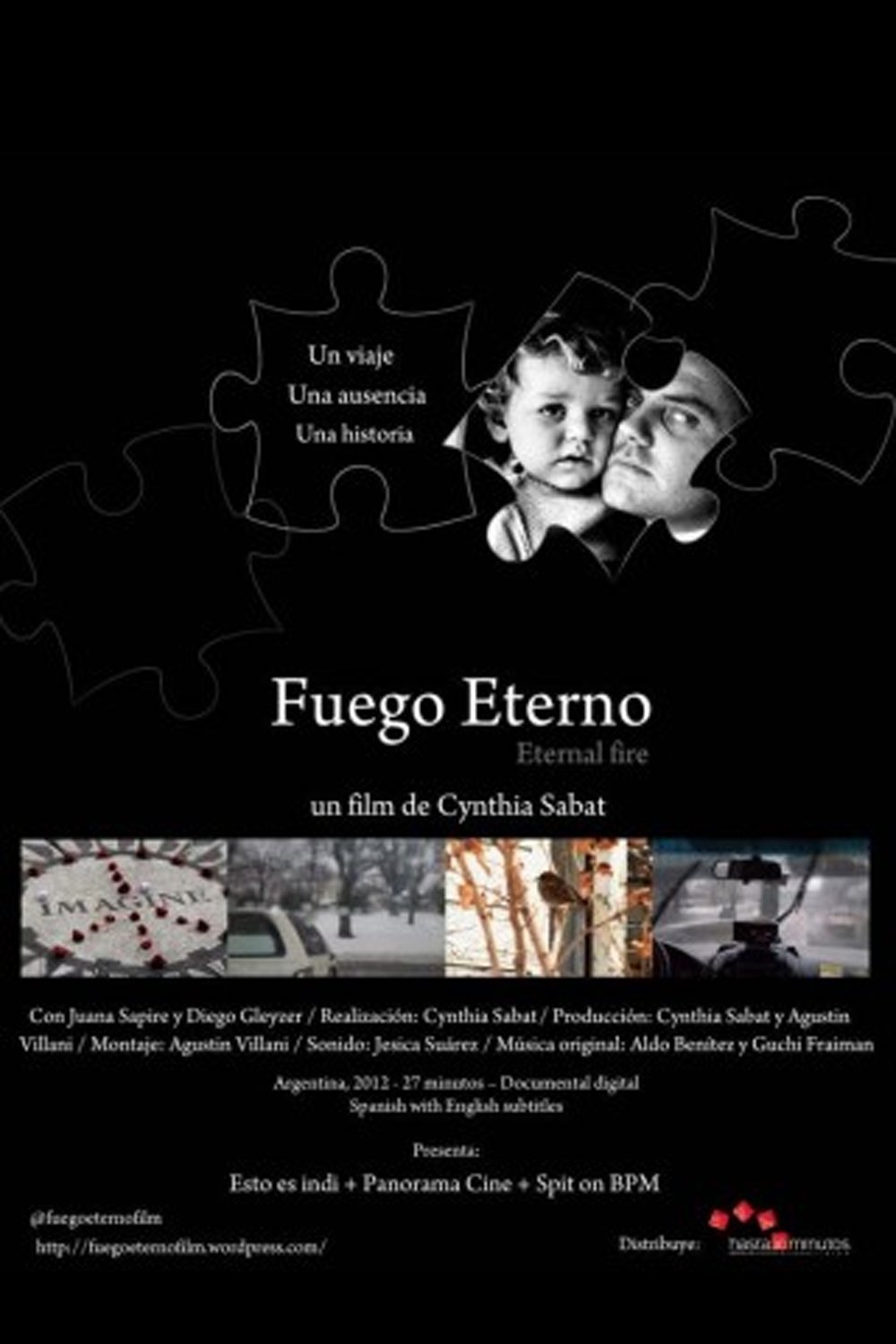
Juana Sapire returns to the city from which she had to go into exile in 1976 to testify in a historic trial over the disappearance of her husband, revolutionary militant and filmmaker Raymundo Gleyzer.
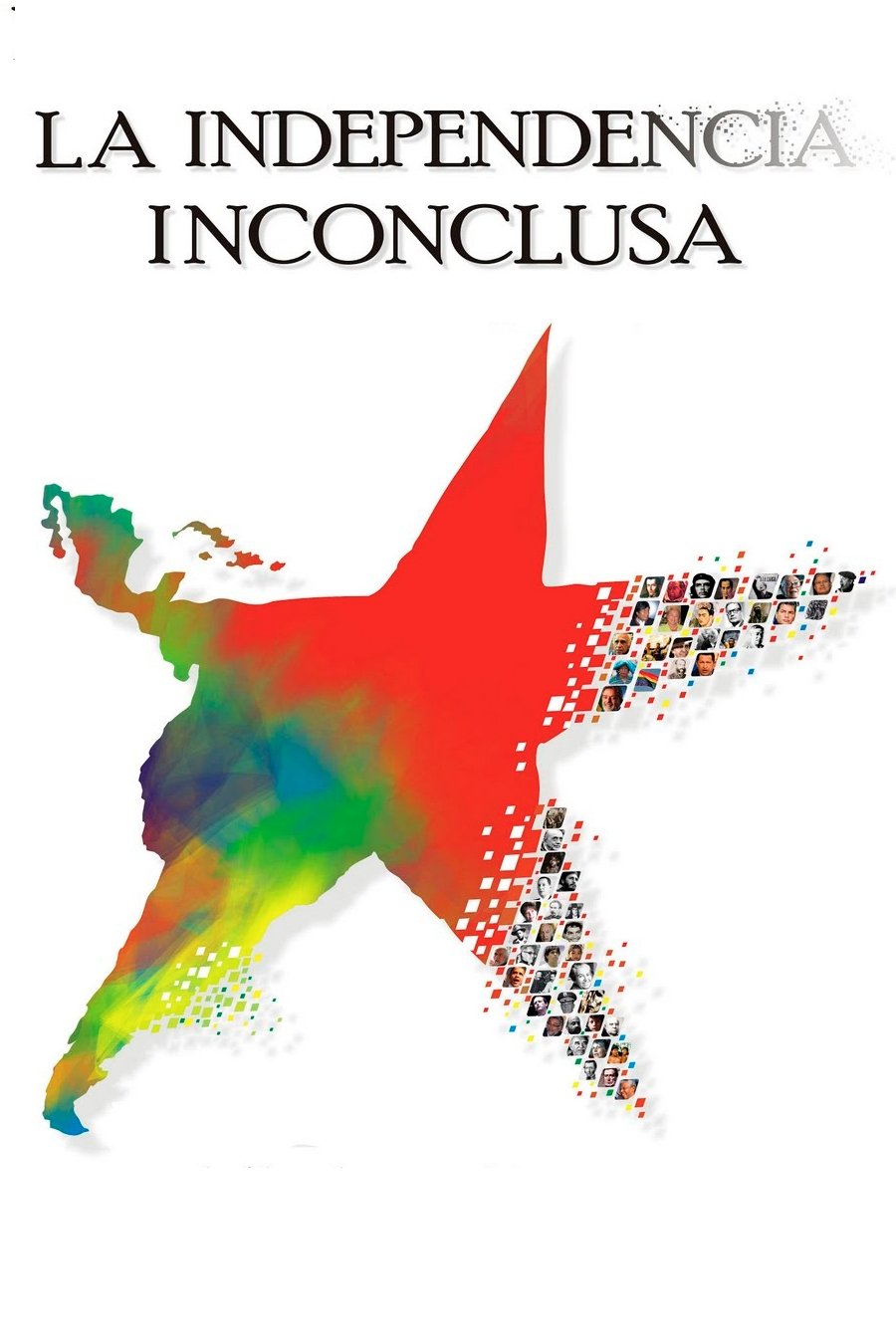
Documentary about the independence and history of Latin America.
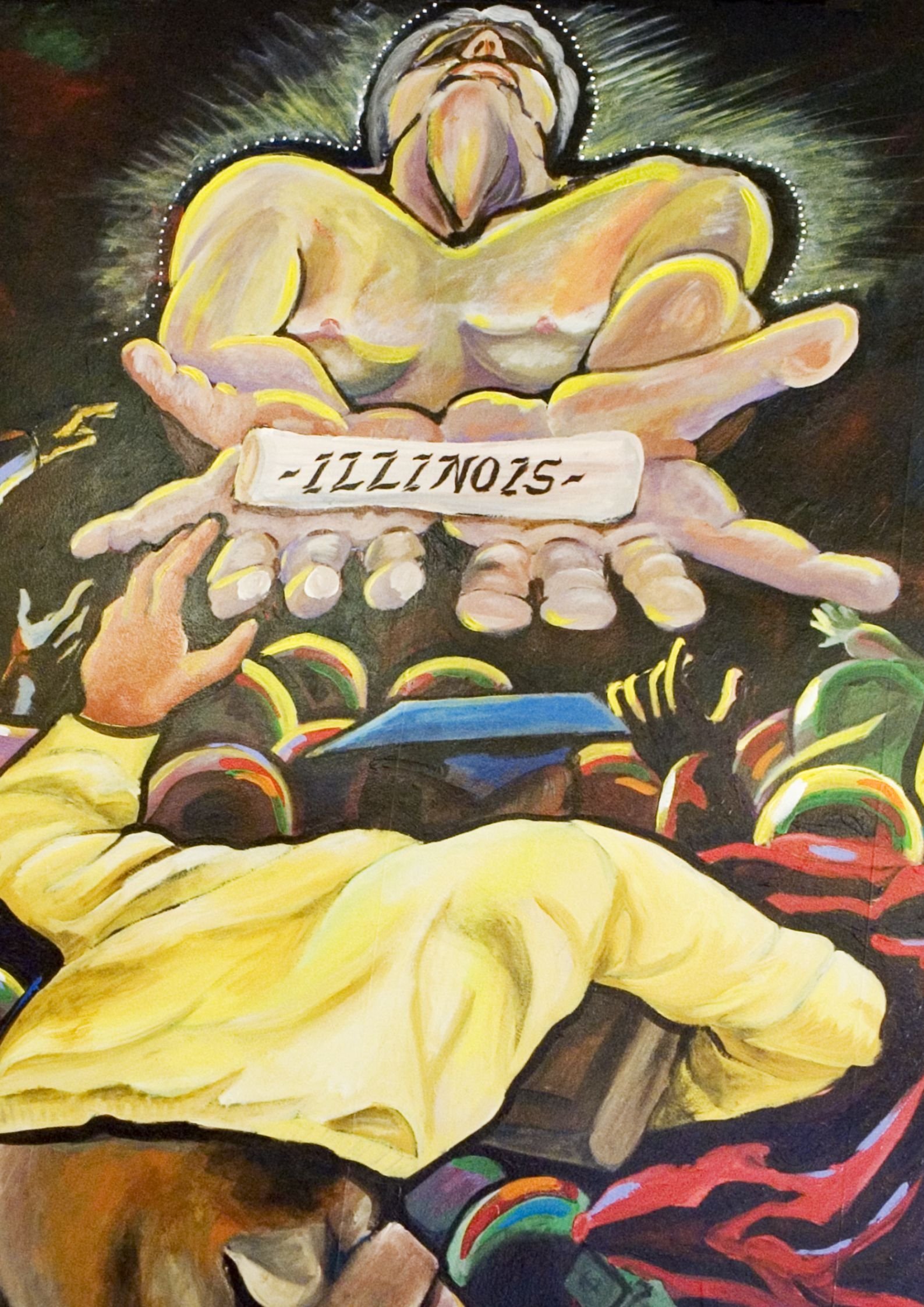
This is a documentary produced by Richard Freeman. This part contains the now famous 1992 protest in which the Henry Administration Building was taken over by students. University Police, Champaign Police and Urbana Police are called in to remove students. Led by Latino/a students due to growing issues facing their community on the Illinois campus.

Footage from the first ever São Paulo LGBTQ Pride Parade, which took place on the 28th of June 1997 on Avenida Paulista. The annual event would go on to become the largest pride parade in the world.
By browsing this website, you accept our cookies policy.